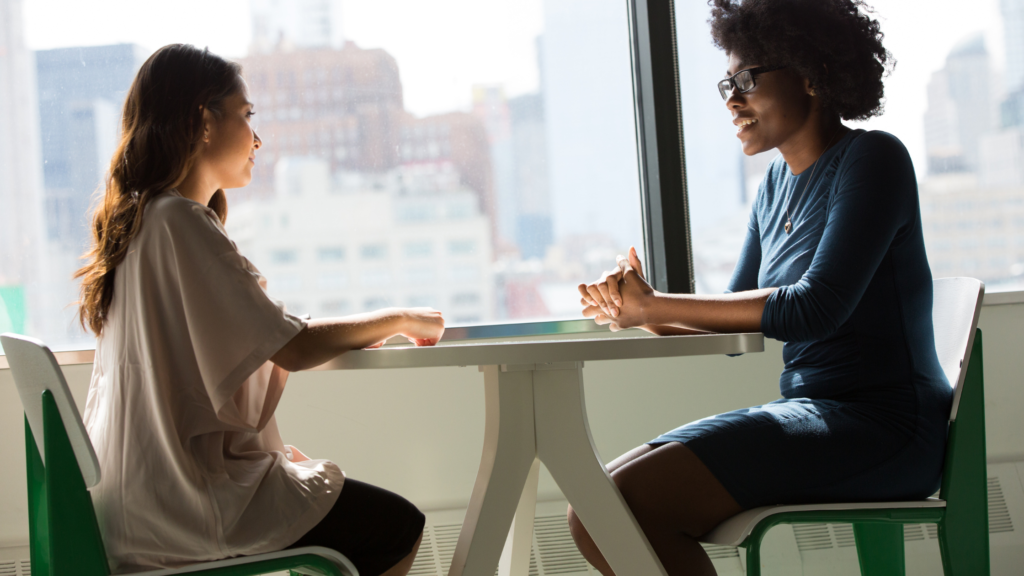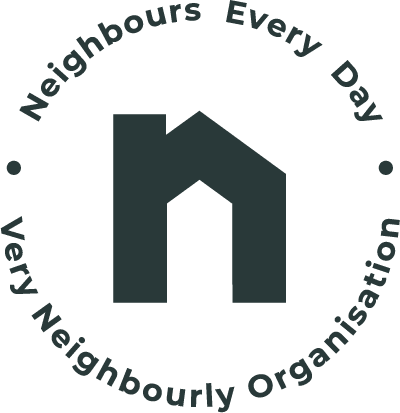Written by Karla Pretorius – Neurodiversity Specialist & Neuro-affirming Psychotherapist (PhD Psych Candidate)
When I was first diagnosed with ADHD, someone smiled and said – “Don’t worry – you don’t look like you have ADHD.”
I know they meant well. But I felt… sad. And quite honestly a bit pissed off.
Because ADHD is part of who I am. It’s not just something I have, like a cold or a parking ticket. It’s the way I think, love, create, struggle, and show up in the world. It’s part of my identity.
And I’m proud of that.
Language shapes how we’re seen – and how we see ourselves.
Whether we’re talking about ADHD, autism, dyslexia, dyspraxia, PDA, or any neurodivergent profile, the words we use carry weight. They reflect – and influence – beliefs.
According to Bottema-Beutel et al. (2021), the choice between identity-first language (“autistic person”, “ADHD person”) and person-first language (“person with autism”, “person with ADHD”) can shape perceptions, empathy levels, and even the kind of support people receive.
But here’s the most important thing I’ve learned – there is no universal “right” way.
Some people feel empowered by identity-first language. Others feel it reduces them to a label. Some prefer to avoid labels entirely. And many shift depending on the context, audience, or stage of life.
The key is – ask. Don’t assume.
A simple, “What language feels good for you?” can show you respect and care about the person.
In my work as a therapist and in my personal life, I try to stay curious:
- I say “I’m an ADHDer” – because it’s core to how I exist in the world, even if it’s sometimes hard to explain (especially to professionals…).
- I mirror the words my clients use. Some say “neurodivergent,” some “gifted,” some “just wired differently.”
- I help parents ask their children what they prefer – because kids, too, deserve to own their identity in their own words.
Curiosity is always the way forward.
If you’re a friend, colleague, parent, teacher, or professional – ask the person in front of you. Let them define their story. It’s not about political correctness – it’s about connection.
Let’s honour differences by letting people describe themselves in ways that feel true.
What language feels authentic to you or the neurodivergent people in your life?
Let’s keep the conversation open – and compassionate.
Reference:
Bottema-Beutel, K., Kapp, S. K., Lester, J. N., Sasson, N. J., & Hand, B. N. (2021). Avoiding Ableist Language: Suggestions for Autism Researchers. Journal of Autism and Developmental Disorders.




